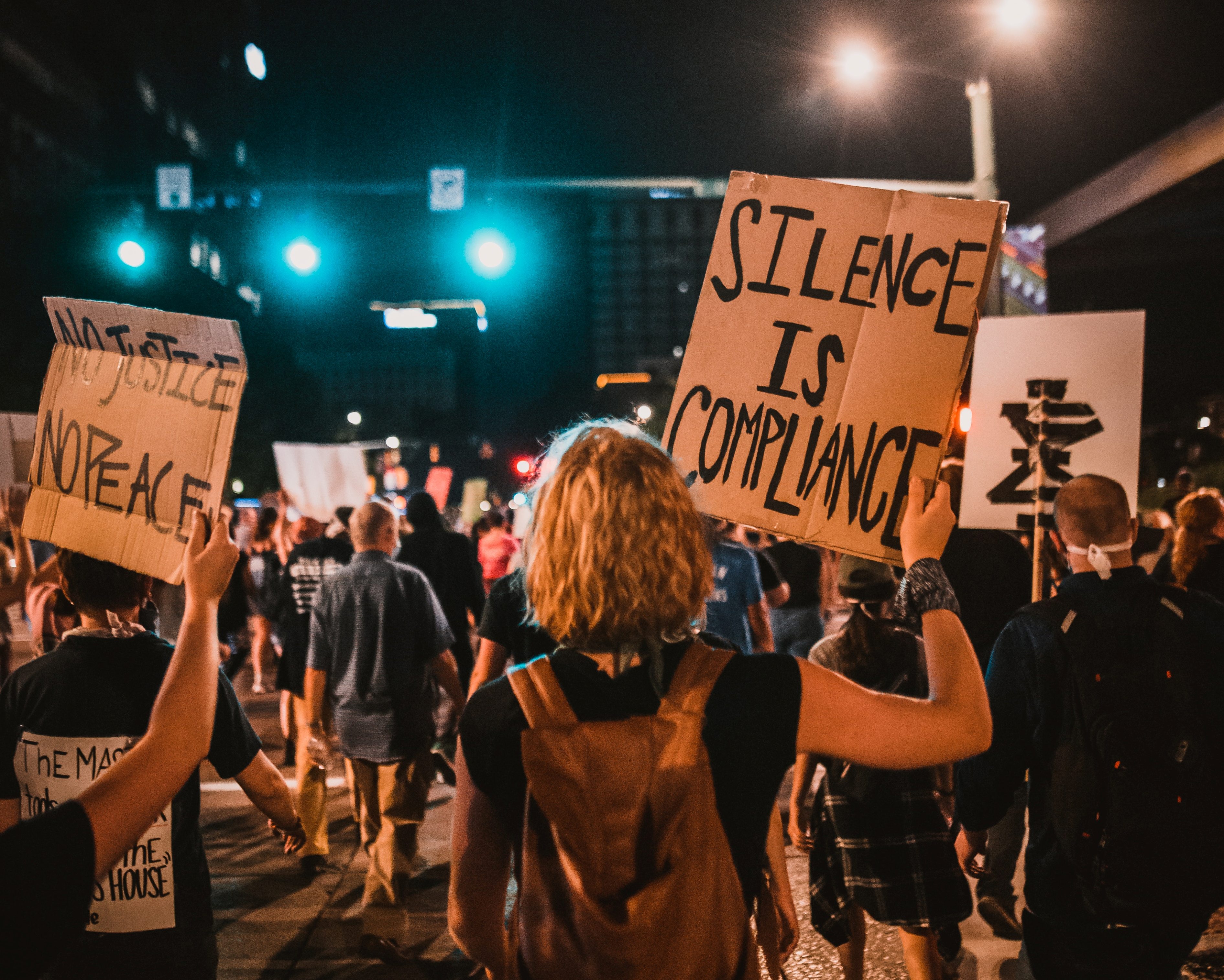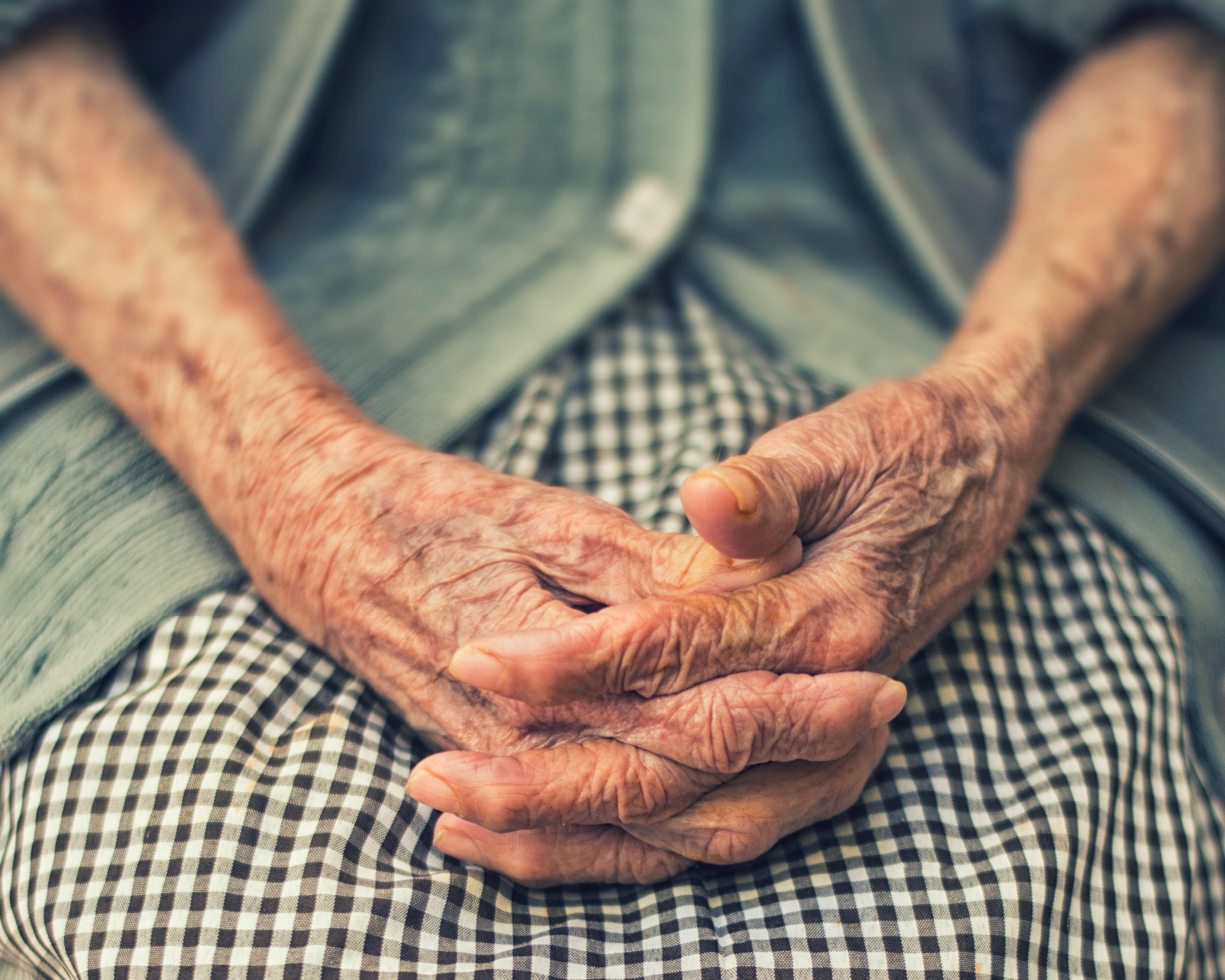When COVID-19 hit and we were isolated from loved ones, I called my mother to see if she was all right. She indicated she’d been through isolation before and in worst times.
Several years ago, I found myself at a family reunion in Heart Mountain, Wyoming. My mother’s family wanted to see the American concentration camps where her family and relatives lived during World War II. Although very young at the time, her memory was crystal clear. As we walked through the museum, she pointed at photos and belongings, people donated. Stepping into a so-called replica of the barracks, she scoffed. “I wish it was as nice as this!” She talked about how the frigid wind blew dirt through the open spaces in the barrack walls and how a pot belly stove was the only warmth they felt.
As I listen to her stories, it saddened and angered me. My grandparents who owned a grocery store in Los Angeles were good law-abiding citizens who worked hard. They, like so many of Japanese heritage were stripped of what they owned; separated and isolated from their communities because of their race; then put behind barbed wire fences with armed guard towers as many Japanese American sons volunteered to fight and prove their family’s loyalty to a country that imprisoned their parents.
What will it take for us to be human?
When I see the hate and injustices continue in our world today, I wonder what’s it going to take for us as human beings to wake up and finally transform our culture and treat people in a humane way? Even 78 years later, we’re still putting people in cages; objectifying others who look different than us; putting our black brothers and sisters in fear of their lives every day and killing innocent people of color like George Floyd in horrific ways.
One of the reasons I felt called to do transformation work with leaders is because of the pain and suffering I’ve seen others experiencing in the workplace, ones I’ve experienced myself. It’s my way of standing up against the injustices and bringing healing to our world through my work of Sawubona Leadership (a Zulu word meaning “I see you”). Yet with all the inequities happening today, I sometimes feel, it’s not enough. What more can I do?
Transforming injustices lie in addressing the battlefield in our bodies
Then I came across the work of Resmaa Menakem and his book, “My Grandmother’s Hands: Racialized Trauma and the Pathway to Mending Our Hearts and Bodies”. I felt I found the truth of why we still haven’t learned from the injustices of the past and what we can do to transform that. What Menakem points to is that for many years we’ve fought hard to enact and change laws for the betterment of mankind. But in the process, we forgot to also change ourselves.
This resonated with the holistic work I do as an executive coach. You can have “insights” that things need to change; take action – speak up, march, protest, pass laws that better protect people, strive in your company for gender equity, inclusion and diversity with numbers to prove it. All are so important. Yet, unless you change yourself at a cellular level, and “embody” a new way of being, you won’t transform and more importantly, your community won’t either.
Menakem says: “We tried to teach our brains to think better about race.” …..”While we see anger and violence in the streets of our country, the real battlefield is inside our bodies.” ….”If we are to survive as a country, it is inside our bodies where this conflict needs to be resolved.”
This pertains not just to race and trauma that has been passed from generation to generation, but the wounds and suffering of genders, generations, social classes, bosses and their people. Here’s a simplistic example of the importance of including your body in the change process. You can have INSIGHT – that “ah-hah” moment, that you need to be patient. You can act patient by not interrupting as your mind cries out, “Get to the point!” But until you do PRACTICES consistently that allow you to “embody” what it feels like to be patient, you’ll never form the HABITS where you have the COMPETENCY to naturally be patient. If you’ve not “embodied” patience, at some point when “acting” patient, you’ll lash out at someone with your frustrations.
The real work begins with our practices of living
How do you begin the work to change the narrative towards a more humane and compassionate world in yourself, family, workplace, community, the world?
It starts with your daily practices. One of the biggest practices is how you live your life. Yes, your life is a practice – the time you wake up; food you eat; whether you work out or sit on the couch; see the gifts in your people and praise them or see their flaws and reprimand them; set boundaries or take everything on. Doing these on a consistent basis, forms habits leading to a competency where your body automatically feels comfortable doing this.
The practices you do turn you into who you are.
Yes, how you are with yourself and others is a practice that is sowing the seeds for the world you and more importantly, your children will live in.
Noticing and being with our reactive self under pressure
It’s important you notice your reactions; how you connect, listen, respond; what supports you, triggers you, stresses you out.
Especially, when we’re stressed, pressured or triggered, we sometimes act in ways that are unsupportive for all involved. We fail to realize that each judgment (especially right/wrong) affects us. Suppressing it can build to an explosion of anger that can impact others and ourselves in harmful ways. Randomly letting it out, even the little slights we make, can hurt others so they get defensive. But when we notice the energy in our bodies, be with it, acknowledge and be compassionate with it, that energy begins to subside. Then we can re-center and come from a grounded place. We can redirect this powerful energy to better support ourselves and others.
If we are ungrounded or grasping, we tend to distort the information by mixing in our fears and desires. In building the capacity to be with the energy in our bodies, we can ground and relax ourselves when we feel sensations; accept the energy and insight that arises with them. By becoming more present in our bodies, we can learn to trust our sensations. This enables us to bypass analytical thought and have clear and compassionate action.
How will you bring yourself into the world?
Depending where you are in your life is how you view the world you live in — what you pay attention to. It’s like looking at the sky through the tiny hole of a straw. You can only see a portion of the sky. You’re blind to other areas until you bump up against the edges through events in your life that shows you how limiting your beliefs are – a divorce, marriage, new job, promotion, death or unexpected illness. It’s because of these events, you wake up to discover there’s more to life than what you’re seeing, demonstrating and who you are being.
COVID-19 and the movement of “Black Lives Matter” are showing us how limiting our beliefs are. They’re a wake-up call to look deeper at ourselves; ask how we are living; what is the world we’re creating?

The vows we make shape our lives – those big commitments that may be impossible to meet but we’re committed anyways? What’s your vow? Mine – “To see each person as a doorway into a new world.”
Why are you here? What’s your purpose? How can you create a compelling future where you feel a part of something greater than yourself so that in challenging times, you still move forward with the passion to make it happen? Mine: “To help leaders bring back the humanity in the way they lead and live their lives, so they live in their gifts and purpose and support others to live in theirs.”
How will you bring your voice into the world and take a stand even if it’s unpopular? Your voice is more than your words. It’s your way of being. It’s how you see and accept other people’s views with the same openness you want them to see and accept yours?
Today our world needs us to wake up! It starts with an awareness of what’s happening inside our bodies. If we listen to the wisdom of our bodies, it will speak to us about our wounds, joy, suffering and aliveness – those we’ve experienced and those passed on from generation to generation. By starting within ourselves, we can begin to heal, transform ourselves, communities, our world. Doing the work at a cellular level, we can reconnect with what it means to be human. Then healing the injustices carried from the past will no longer lie in our grandmother’s hands but in our own.
Sawubona!
* Sawubona: A Zulu greeting meaning “I see you.”


